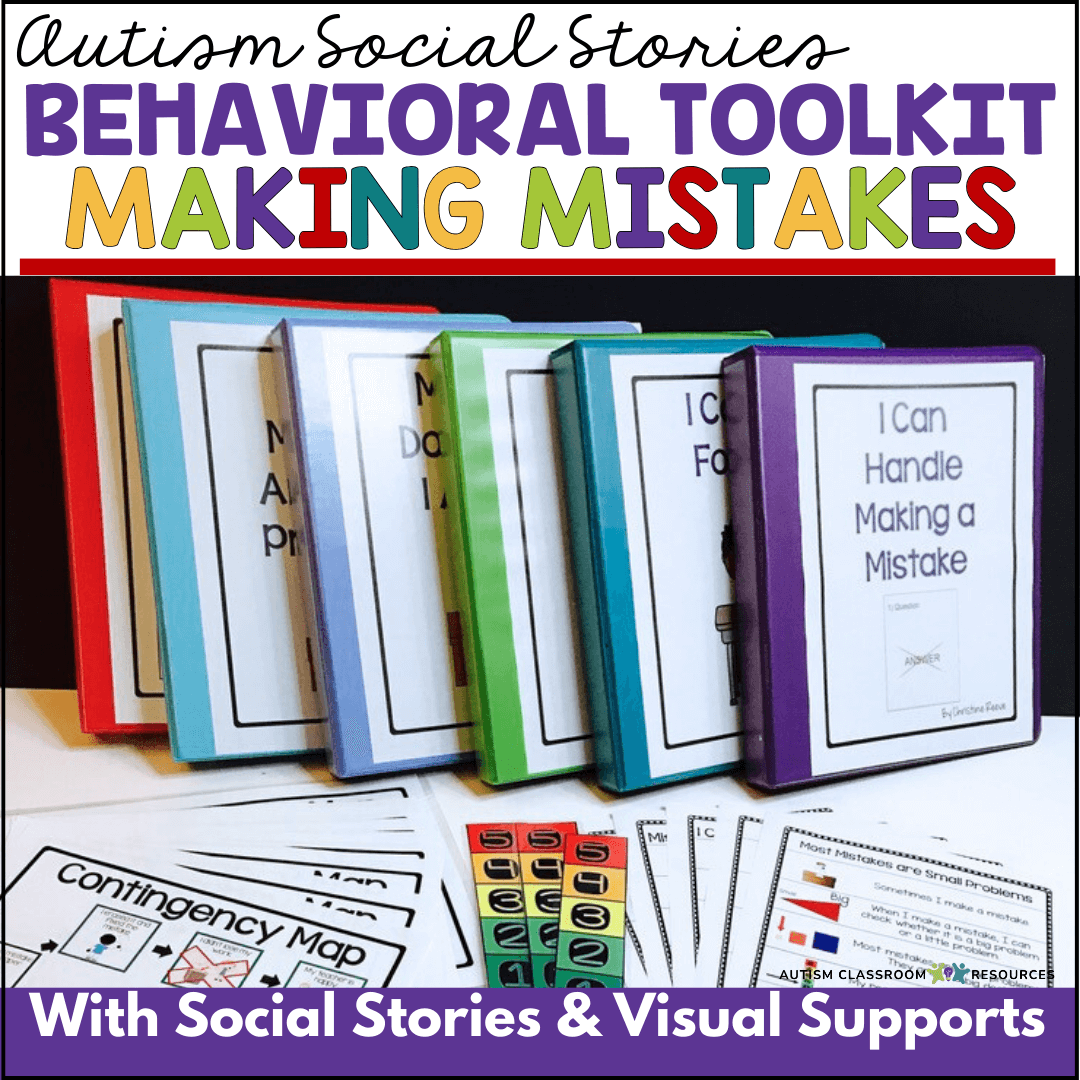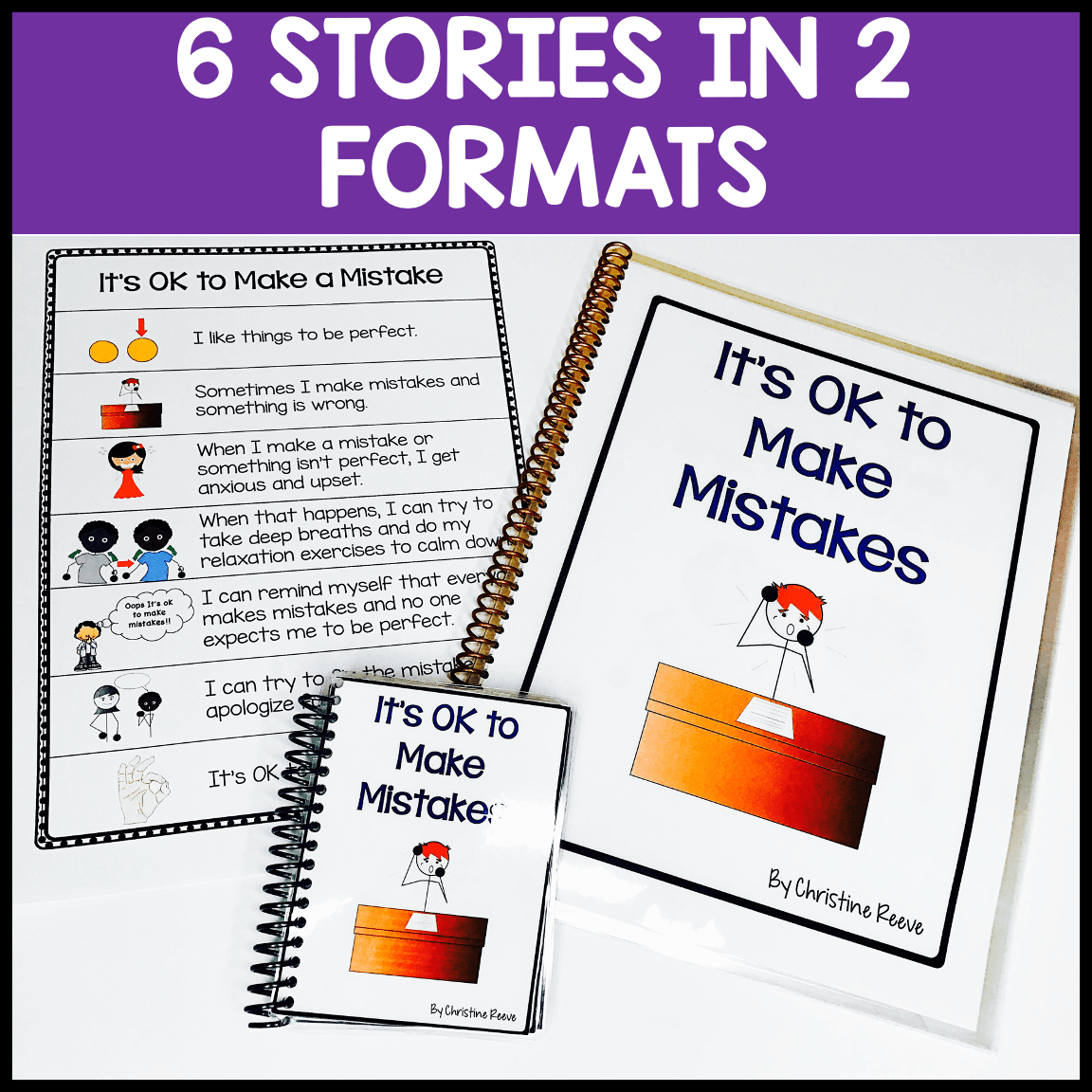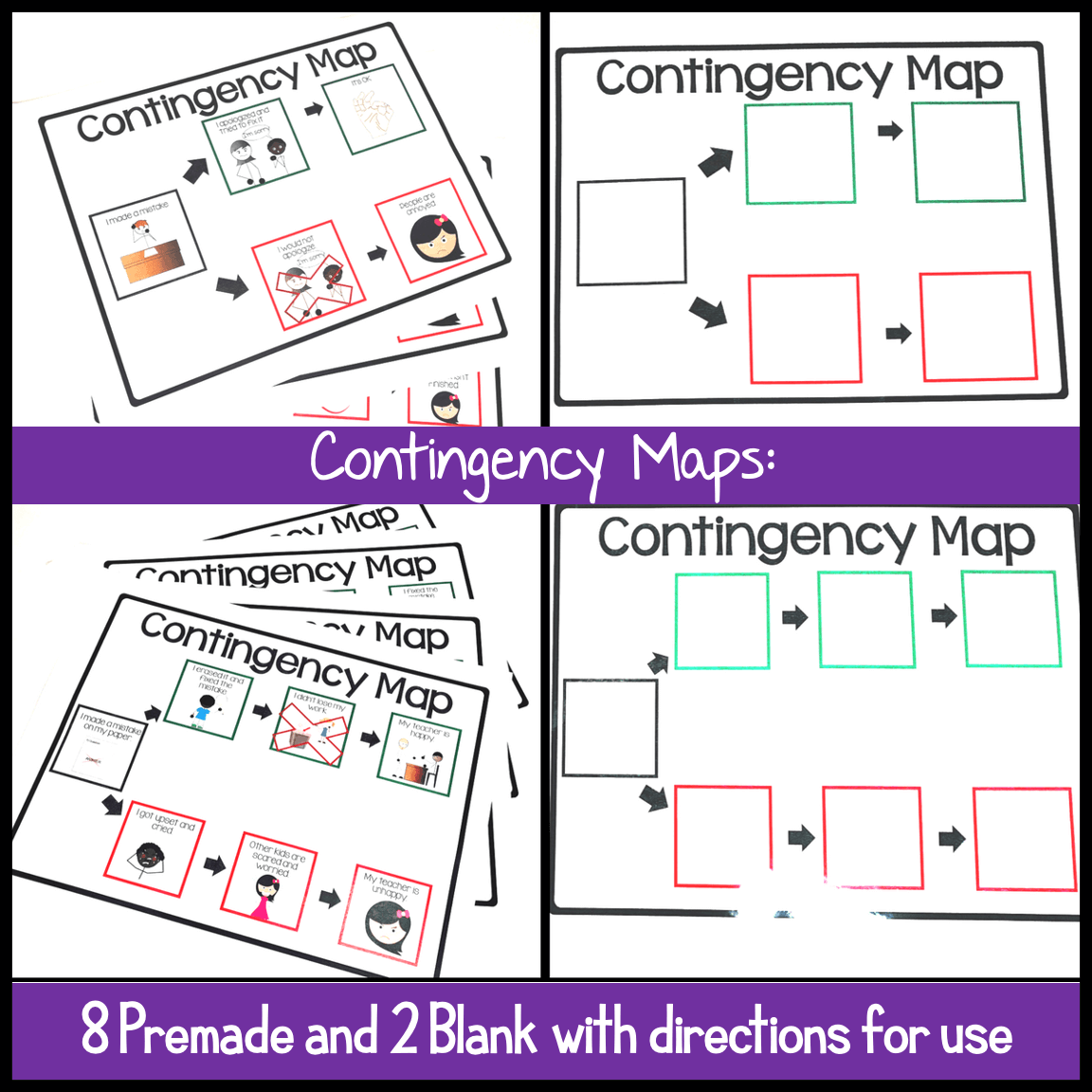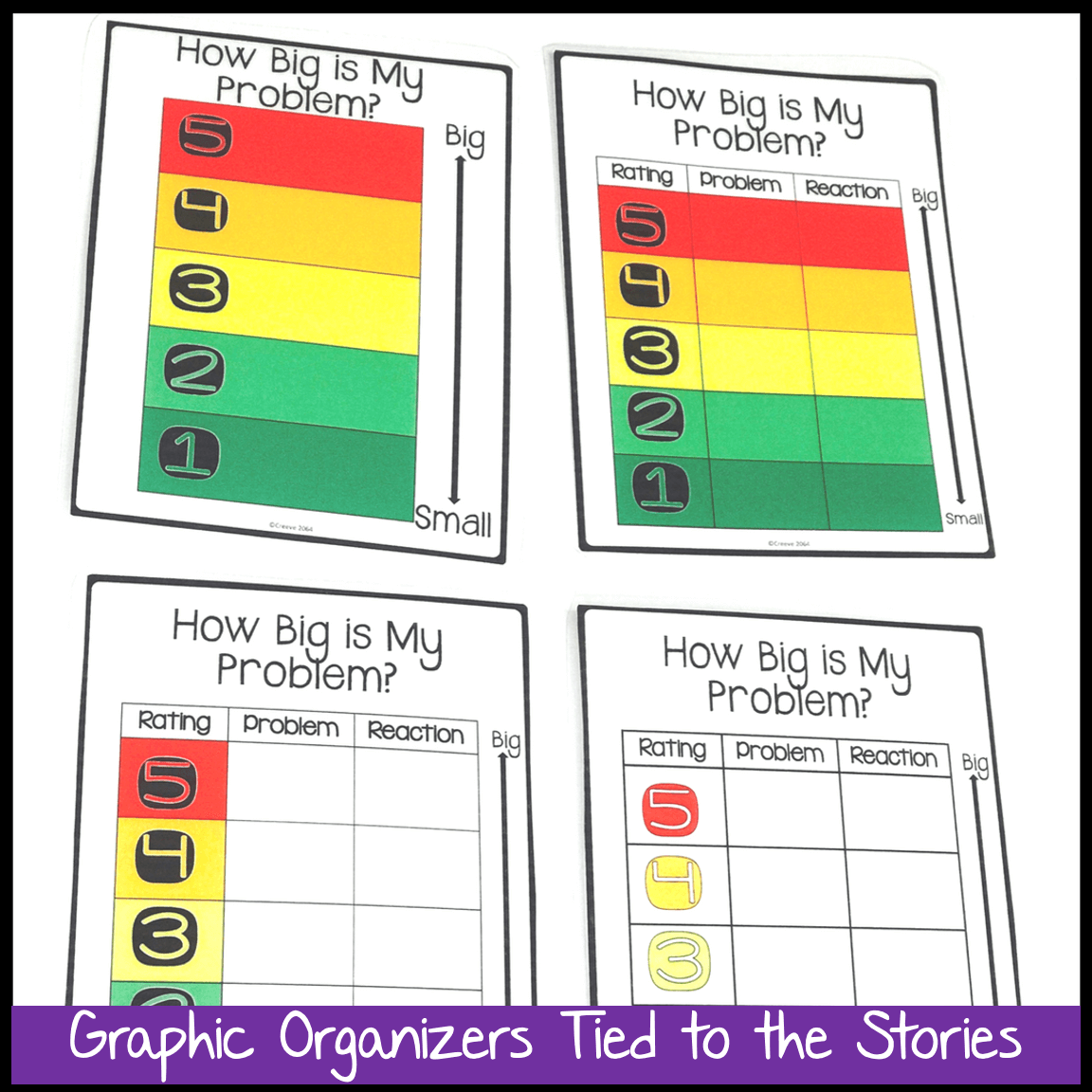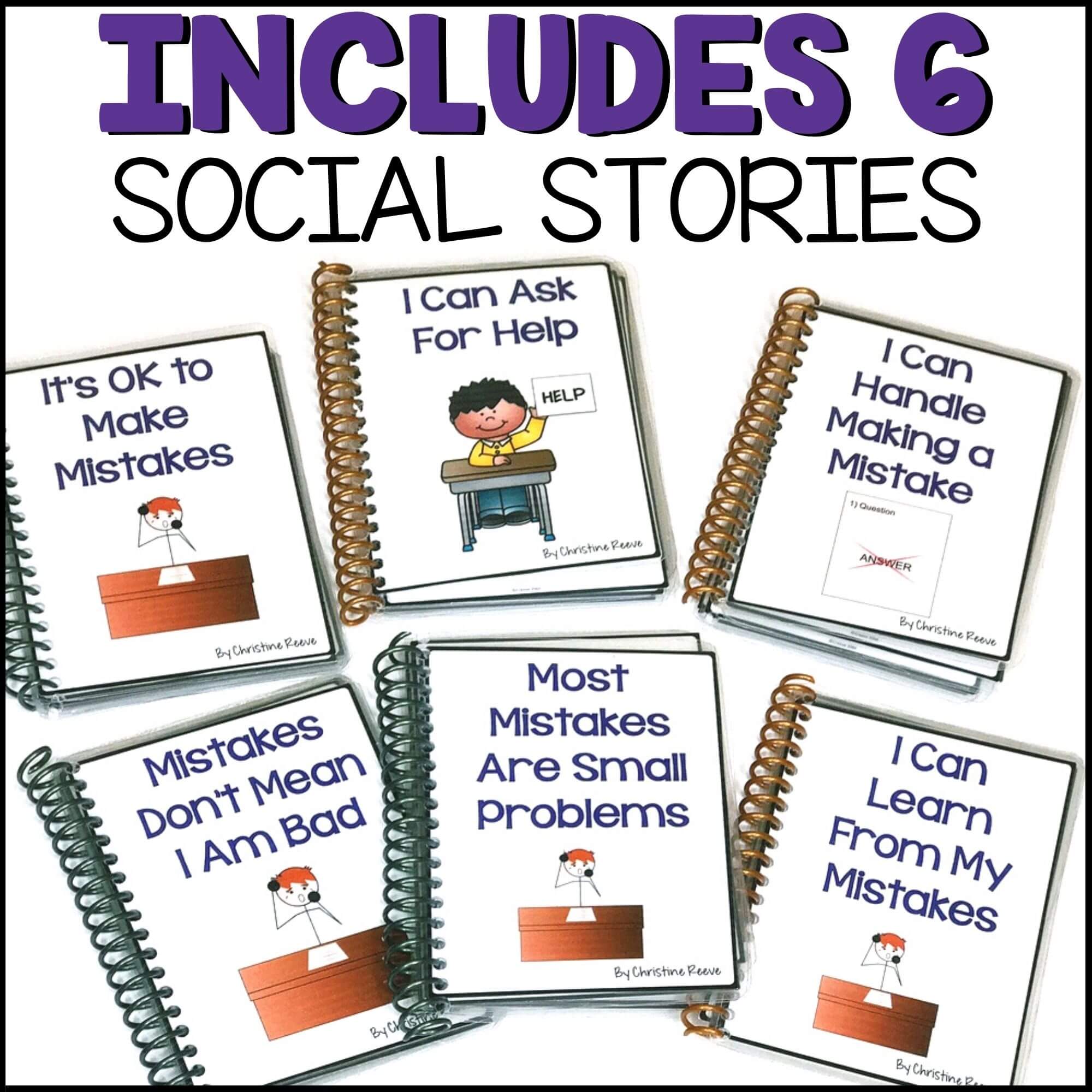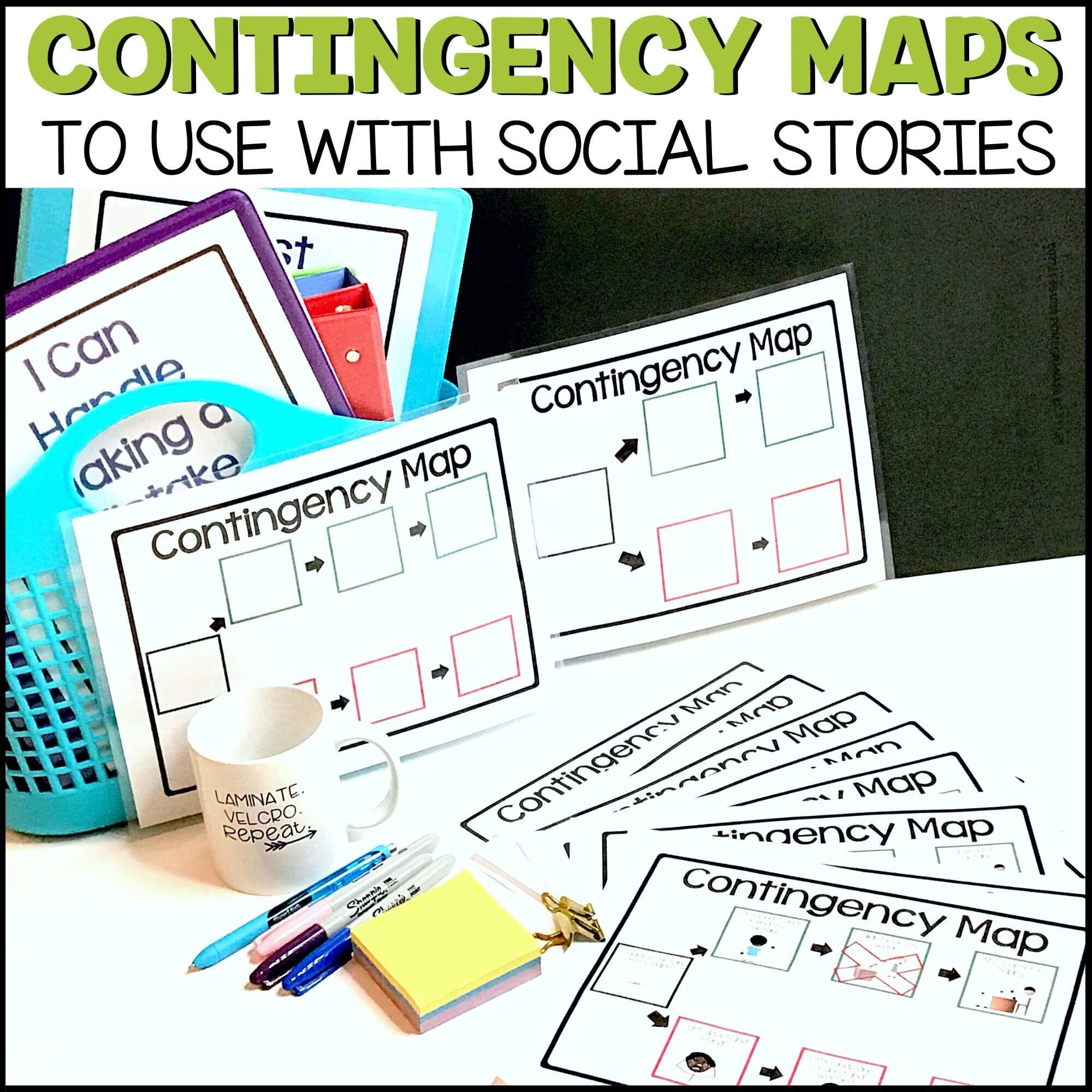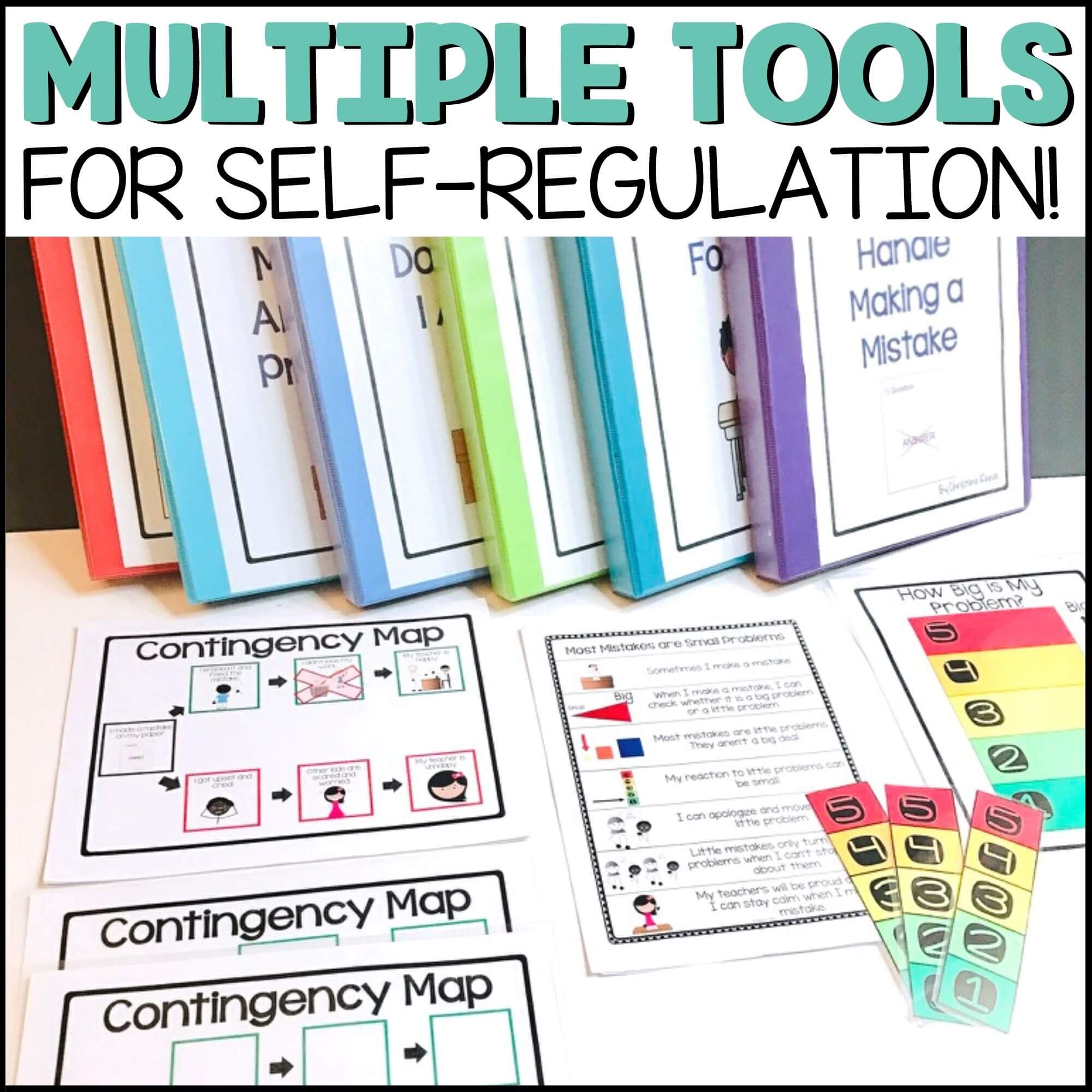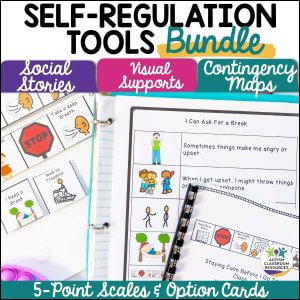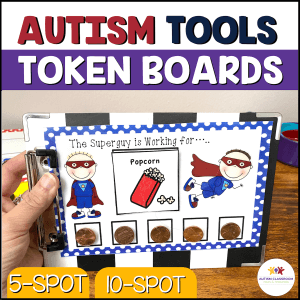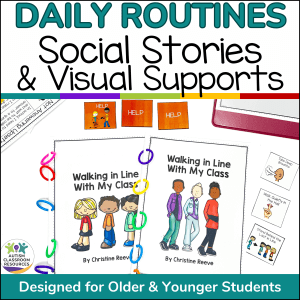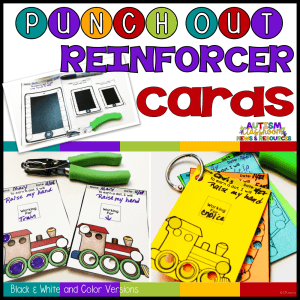Description
Help your students navigate mistakes and frustration with these social stories and behavioral self-regulation tools! This resource is designed to support students in staying calm, handling mistakes, and reducing meltdowns—a great fit for PBIS or RTI programs.
Inside, you’ll find six engaging social stories, plus contingency maps, 5-point scales, and graphic organizers to help students develop a growth mindset. Each social story is provided in two formats (1-page and book format) and highlights common challenges students face when dealing with mistakes that may lead to problem behaviors.
These tools are all designed to help your students put the mistakes in perspective, reduce anxiety, understand potential outcomes, and choose and practice alternative behaviors. Perfect for teaching behavioral self-regulation! To save you time and help you implement the program, directions and suggestions of how I use the tools are also included.
A must-have for special education classrooms, counseling sessions, or social-emotional learning activities!
✅ Check out the preview for a deeper look at what’s included and the different formats and sizes for the social stories and tools.
Who Are These Behavioral Self-Regulation Tools Designed For?
These behavioral self-regulation tools and strategies have been used successfully with a wide variety of students in a variety of situations and settings including those
- with autism
- with developmental delays
- with emotional disabilities,
- in general education,
- in special education,
- being served as part of PBIS programs, and
- being assessed or treated through RTI.
What’s Included?
6 Social Stories Focused on Making Mistakes
- It’s Ok to Make a Mistake focuses on calming down when something isn’t perfect.
- I Can Ask for Help focuses on understanding the student can ask for and accept help.
- I Can Handle Making a Mistake focuses on reminders that mistakes can be erased and corrected.
- Mistakes Don’t Mean I’m Bad was designed for students who think in a black and white manner so that doing one thing wrong makes them or their work bad. It includes coping statements and reminders.
- Most Mistakes are Small Problems uses the Big Problem/Small Problem scale to share ideas about small problems and small reactions.
- I Can Learn From My Mistakes uses a growth mindset approach to help students know they can learn not to make the mistake again or ask others how to do it correctly to avoid the mistake next time.
Also Included
- 5 size of the problem graphic organizers to help students determine the size of the problem and chart the appropriate reaction.
- 3 Templates for 5 Point Scales to use for behavioral self-regulation and growth mindset
- 8 Pre-Made Contingency Maps and 2 blank forms to use with pictures corresponding to the social stories to make your own & 2 blank ones.
- Directions on how to use each of the tools
Each social story includes descriptive sentences about the mistake, perspective sentences that talk about how other students and the teachers perceive the student’s behavior, and coping strategies to help the student use the new replacement behavior.
Every story is in a format with one idea and picture on each page and an identical story in which the whole story is contained on 1 page with a picture for each idea next to the line.
Students love these stories because it helps them learn how to understand the impact of their mistake. They also help them learn alternatives to their immediate habitual reaction to the anxiety or frustration the mistake provokes.
This product is copyrighted to Christine Reeve – Autism Classroom Resources for use in one classroom. They may not be copied for additional classes without purchasing extra licenses.

